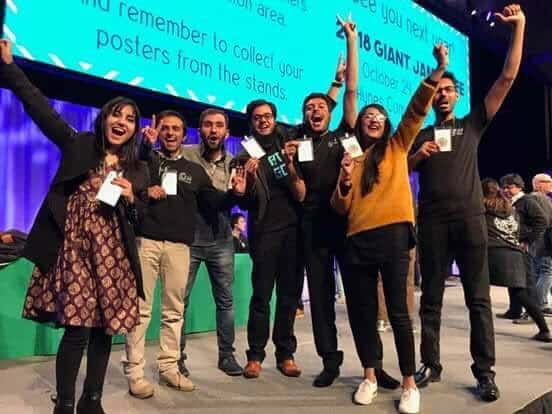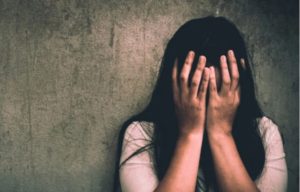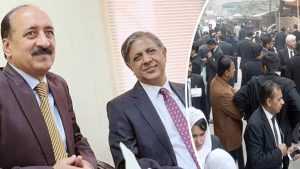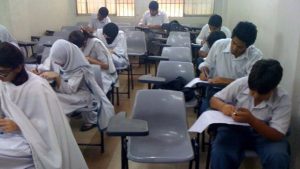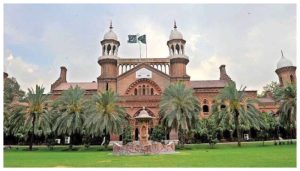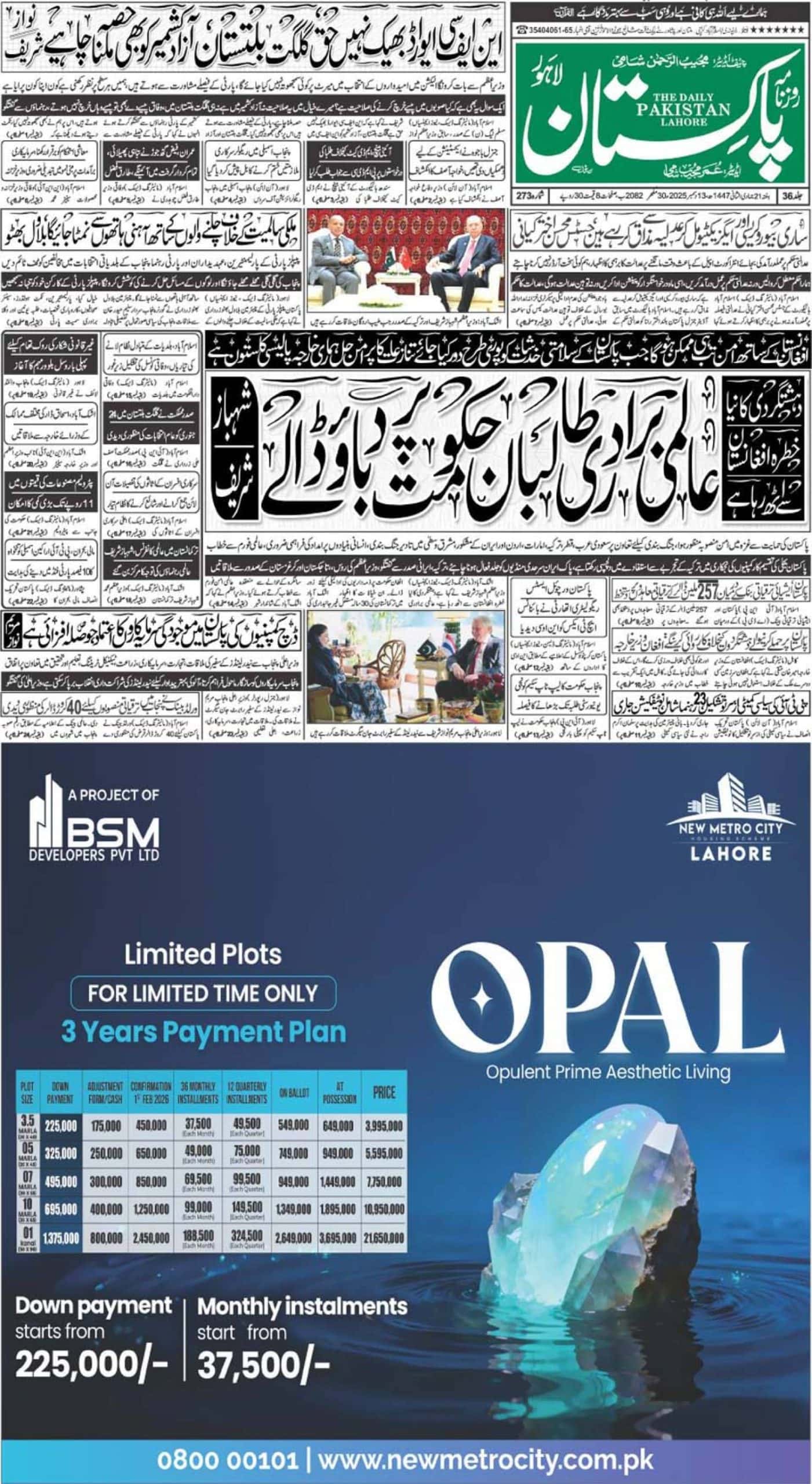PESHAWAR – A team of 12 Pakistani students has bagged silver medal in the annual International Genetically Engineered Machines (iGEM) competition in Boston, United States.
According to the official press release released on Tuesday morning, the iGEM Peshawar team developed a fish called ‘Reporter Fish’ by building DNA circuits. ‘Reporter Fish’ is able to detect metal-contaminated water by changing the colour of its body to alarm those who are part of the fishing business.
For fish farmers, the team also designed and developed a digital interface for the sensor system of the project. A digital sensor system will alarm farmers through a mobile text message if any contaminated water has been detected.
The team is comprised of young scientists from computer science, biotechnology and engineering disciplines from various areas, including Lahore, Attock, Islamabad, Multan, Faisalabad, Khyber Agency, Nowshera, Charsadda, Peshawar, Swabi and Mardan.
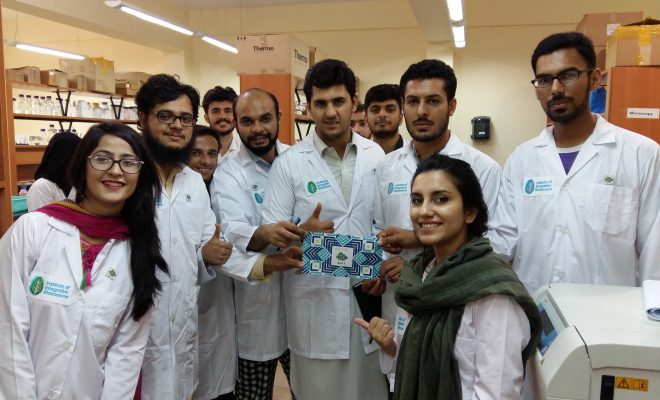
iGEM Peshawar 2017 was also nominated for the Best Biosafety Award at the competition.
The iGEM Peshawar, which was funded by the Khyber Pakhtunkhwa (KP) government last year, is supervised by Dr Faisal Khan, the head of Peshawar’s Institute of Integrative Biosciences (IBB) of CECOS University of IT and Emerging Sciences.
KP Chief Minister Pervez Khattak also congratulated the team on their win:
Congratulations #TeamPeshawar. Proud of @igem_peshawar who has won a SILVER MEDAL in the International Genetically Engineered Competition bringing pride for whole country. From bronze to silver, we are looking forward for the Gold next time. Good Job.
— Pervez Khattak (@PervezKhattakCM) November 14, 2017
Last year, Pakistan won the bronze medal.
The International Genetically Engineered Machine (iGEM) competition was a brainchild of Massachusetts Institute of Technology (MIT) but was later spun out of the varsity as an independent non-profit organisation located in Cambridge, Massachusetts, USA.
It is a worldwide synthetic biology competition that was initially aimed at undergraduate university students, but has since expanded to include divisions for high school students, entrepreneurs, and community laboratories, as well as ‘overgraduates’.

